“Rewriting HerStory” is a selection of book titles from our University Library collection that reveal a previously hidden woman’s voice, and sheds light on women's perspectives in history through primary source texts, largely memoirs and autobiographies. These works retell and reveal fascinating stories that enrich our understanding of women's history in the United States and beyond.
Online copies of these books may be limited through the CSUN University Library, if it is unavailable you can check the Los Angeles Public Library or other local libraries near you for online access, or visit in person for physical copies.
Los Angeles Public Library List of LA County Libraries
Summaries for books come from publishers, reviews, Goodreads or Amazon.
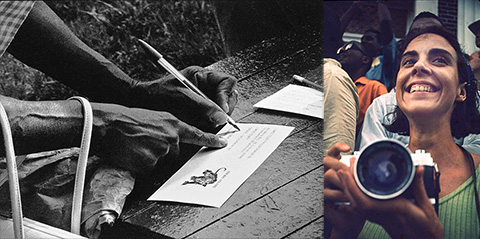
Other Women's History Month Events on Campus
Time to Get Ready: Fotografía Social with Maria Varela
March 26, 2024 - 12:30pm to 2:00pm
University Library - Jack & Florence Ferman Presentation Room
Join us as we welcome Maria Varela to the CSUN campus! Maria is a community organizer, writer, and photographer, who lives in New Mexico. She was a staff member of the Student Nonviolent Coordinating Committee from 1963-1967 working primarily in Alabama and Mississippi. She took up the camera because of the lack of materials showing Black people taking leadership to change their communities.
RSVP Today for this Special Event
Physical Book Display
March 3rd to March 31st
Library Lobby (Next to the Freudian Sip)
Stop by our book display located in the Library and find something to learn about Women's History. Please make sure to checkout your pick with Guest Services.
Media Wall Slideshow
Main Floor, ASRS Viewing Room, East Wing
Check out our Women's History Month slideshow powered by one of the fantastic databases the Library makes available: ARTstor.
Virtual Book Display
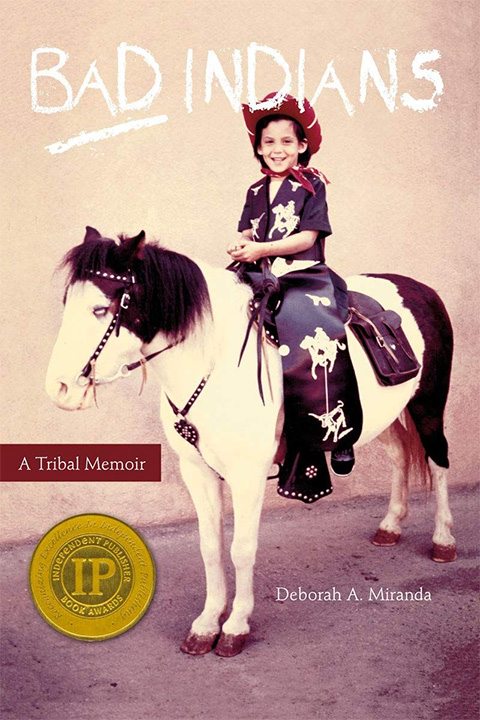
In this beautiful and devastating book, part tribal history, part lyric and intimate memoir, Deborah Miranda tells both the stories of her Ohlone/Costanoan-Esselen family and the experience of California Indians as a whole through oral histories, newspaper clippings, anthropological recordings, personal reflections, and poems. Reassembling the shards of her people's past, she creates a work of literary art that is wise, angry, and playful all at once, one that will break your heart and teach you to see the world anew.
Ohlone-Costanoan Esselen. Miranda takes the reader on a journey through California Indigenous history with a grab bag of literary styles. Winner of the PEN Oakland-Josephine Miles Literary Award and the 2014 Independent Publisher Book Award.
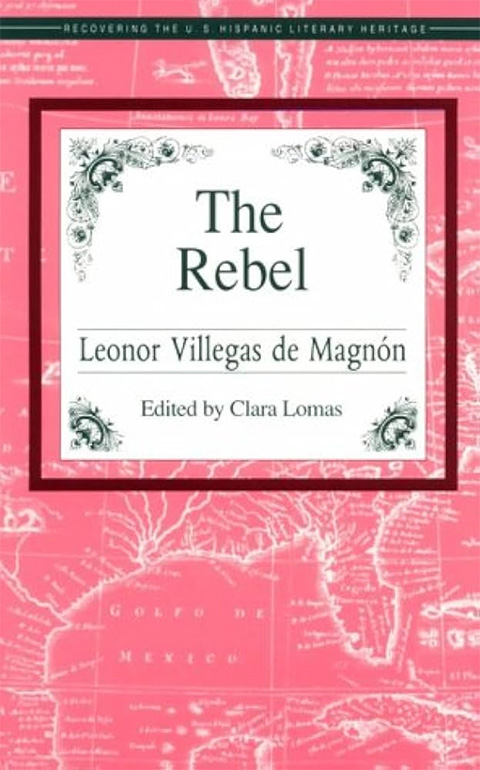
The Rebel is the memoir of a revolutionary woman, Leonor Villegas de Magnón (1876-1955), who was a fiery critic of dictator Porfirio Diaz and a conspirator and participant in the Mexican Revolution. Villegas de Magnon rebelled against the ideals of her aristocratic class and against the traditional role of women in her society. In 1910 Villegas moved from Mexico to Laredo, Texas, where she continued supporting the revolution as a member of the Junta Revolucionaria (Revolutionary Council) and as a fiery editorialist in Laredo newspapers. In 1913, she founded La Cruz Blanca (The White Cross) to serve as a corps of nurses for the revolutionary forces active from the border region to Mexico City. Many women like Villegas de Magnón from both sides of the border risked their lives and left their families to support the revolution. Years later, however, when their participation had still been unacknowledged and was running the risk of being forgotten, Villegas de Magnón decided to write her personal account of this history.
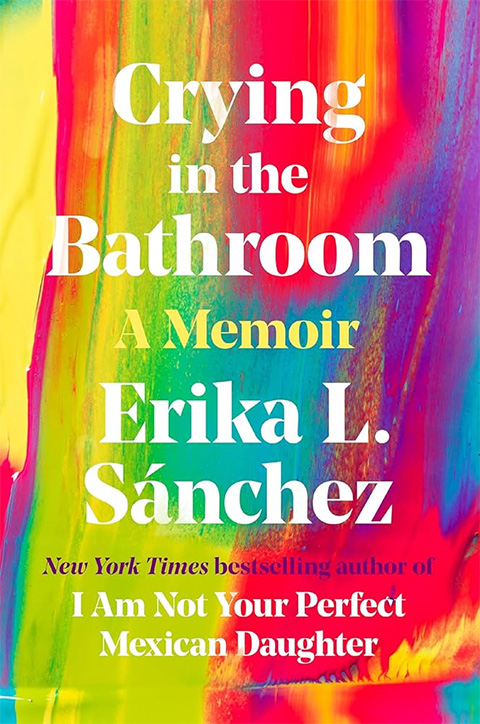
From the New York Times bestselling author of I Am Not Your Perfect Mexican Daughter, an utterly original memoir-in-essays that is as deeply moving as it is disarmingly funny. Growing up as the daughter of Mexican immigrants in Chicago in the ‘90s, Erika L. Sánchez was a self-described pariah, misfit, and disappointment—a foul-mouthed, melancholic rabble-rouser who painted her nails black but also loved comedy and dreamed of an unlikely life as a poet. Twenty-five years later, she's now an award-winning novelist, poet, and essayist, but she's still got an irrepressible laugh, an acerbic wit, and singular powers of perception about the world around her. In these essays about everything from sex to white feminism to debilitating depression to the redemptive pursuits of spirituality, art, and travel, Sánchez reveals an interior life that is rich with ideas, self-awareness, and perception—that of a woman who charted a path entirely of her own making. Raunchy, insightful, unapologetic, and brutally honest, Crying in the Bathroom is Sánchez at her best: a book that will make you feel that post-confessional high that comes from talking for hours with your best friend.
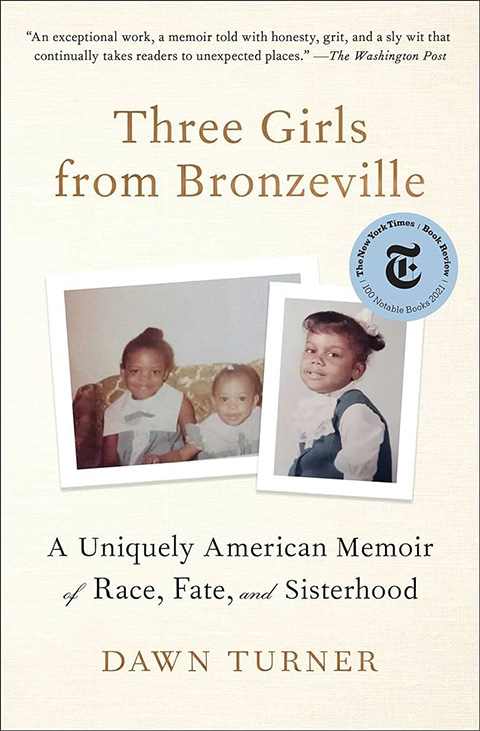
The three girls formed an indelible bond: roaming their community in search of hidden treasures for their "Thing Finder box," and hiding under the dining room table, eavesdropping as three generations of relatives gossiped and played the numbers. The girls spent countless afternoons together, ice skating in the nearby Lake Meadows apartment complex, swimming in the pool at the Ida B. Wells housing project, and daydreaming of their futures: Dawn a writer, Debra a doctor, Kim a teacher. Then they came to a precipice, a fraught rite of passage for all girls when the dangers and the harsh realities of the world burst the innocent bubble of childhood, when the choices they made could-- and would-- have devastating consequences. There was a razor thin margin of error -- especially for brown girls. With a keen investigative eye and intimate detail, Dawn chronicles the dramatic turns that send their lives careening in very different -- and shocking -- directions over the decades. The result is a powerful tour de force on the complex interplay of race and opportunity, class and womanhood and how those forces shape our lives and our capacity for resilience and redemption.
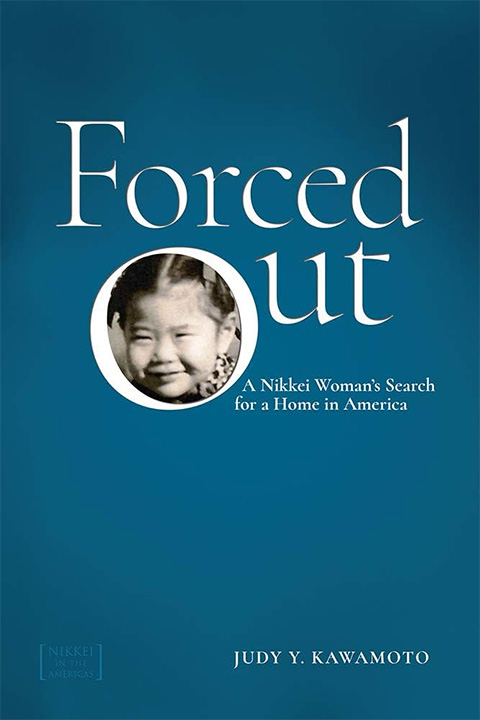
'Voluntary evacuation,' a little-known Japanese American experience during World War II with roughly 120,000 people forced from their homes by Executive Order 9066. Around 5,000 escaped. Recounting her family's flight from home and the influence of those experiences. Like many families who lost everything and started over in hostile environments.
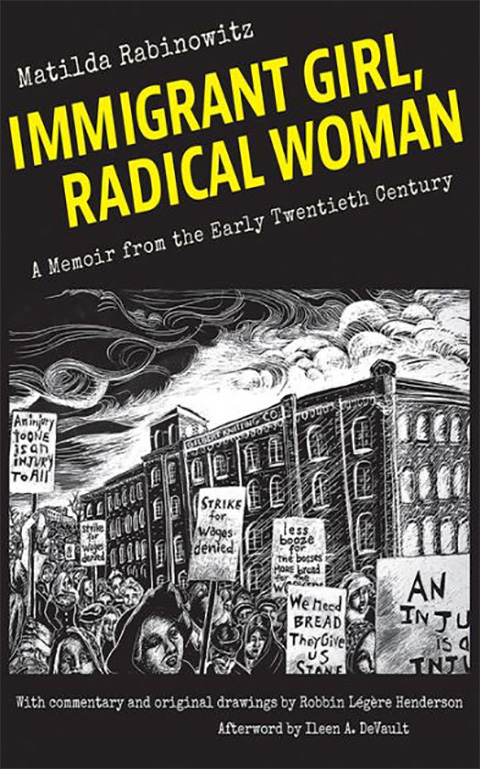
Matilda Rabinowitz's illustrated memoir challenges assumptions about the lives of early twentieth-century women. She describes the ways in which she and her contemporaries rejected the intellectual and social restrictions imposed on women as they sought political and economic equality in the first half of the twentieth century. Rabinowitz devoted her labor and commitment to the notion that women should feel entitled to independence, equal rights, equal pay, and sexual and personal autonomy. Rabinowitz (1887-1963) immigrated to the United States from Ukraine at the age of thirteen. Radicalized by her experience in sweatshops, she became an organizer for the Industrial Workers of the World from 1912 to 1917 before choosing single motherhood in 1918. "Big Bill" Haywood once wrote, "a book could be written about Matilda", but her memoir was intended as a private story for her grandchildren, Robbin Légère Henderson among them. Henderson's black-and white-scratchboard drawings illustrate Rabinowitz's life in the Pale of Settlement, the journey to America, political awakening and work as an organizer for the IWW, a turbulent romance, and her struggle to support herself and her child

